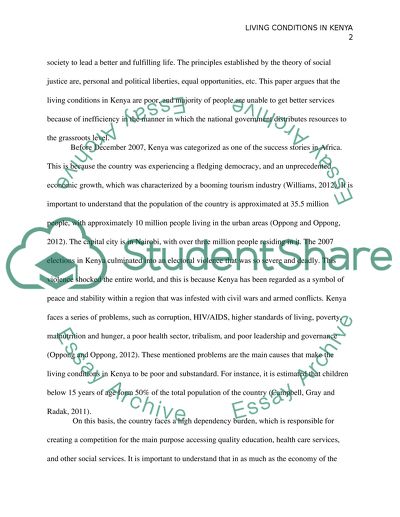Cite this document
(Living Conditions in Kenya Coursework Example | Topics and Well Written Essays - 1750 words, n.d.)
Living Conditions in Kenya Coursework Example | Topics and Well Written Essays - 1750 words. https://studentshare.org/social-science/1634329-living-conditions-in-kenya
Living Conditions in Kenya Coursework Example | Topics and Well Written Essays - 1750 words. https://studentshare.org/social-science/1634329-living-conditions-in-kenya
(Living Conditions in Kenya Coursework Example | Topics and Well Written Essays - 1750 Words)
Living Conditions in Kenya Coursework Example | Topics and Well Written Essays - 1750 Words. https://studentshare.org/social-science/1634329-living-conditions-in-kenya.
Living Conditions in Kenya Coursework Example | Topics and Well Written Essays - 1750 Words. https://studentshare.org/social-science/1634329-living-conditions-in-kenya.
“Living Conditions in Kenya Coursework Example | Topics and Well Written Essays - 1750 Words”. https://studentshare.org/social-science/1634329-living-conditions-in-kenya.


